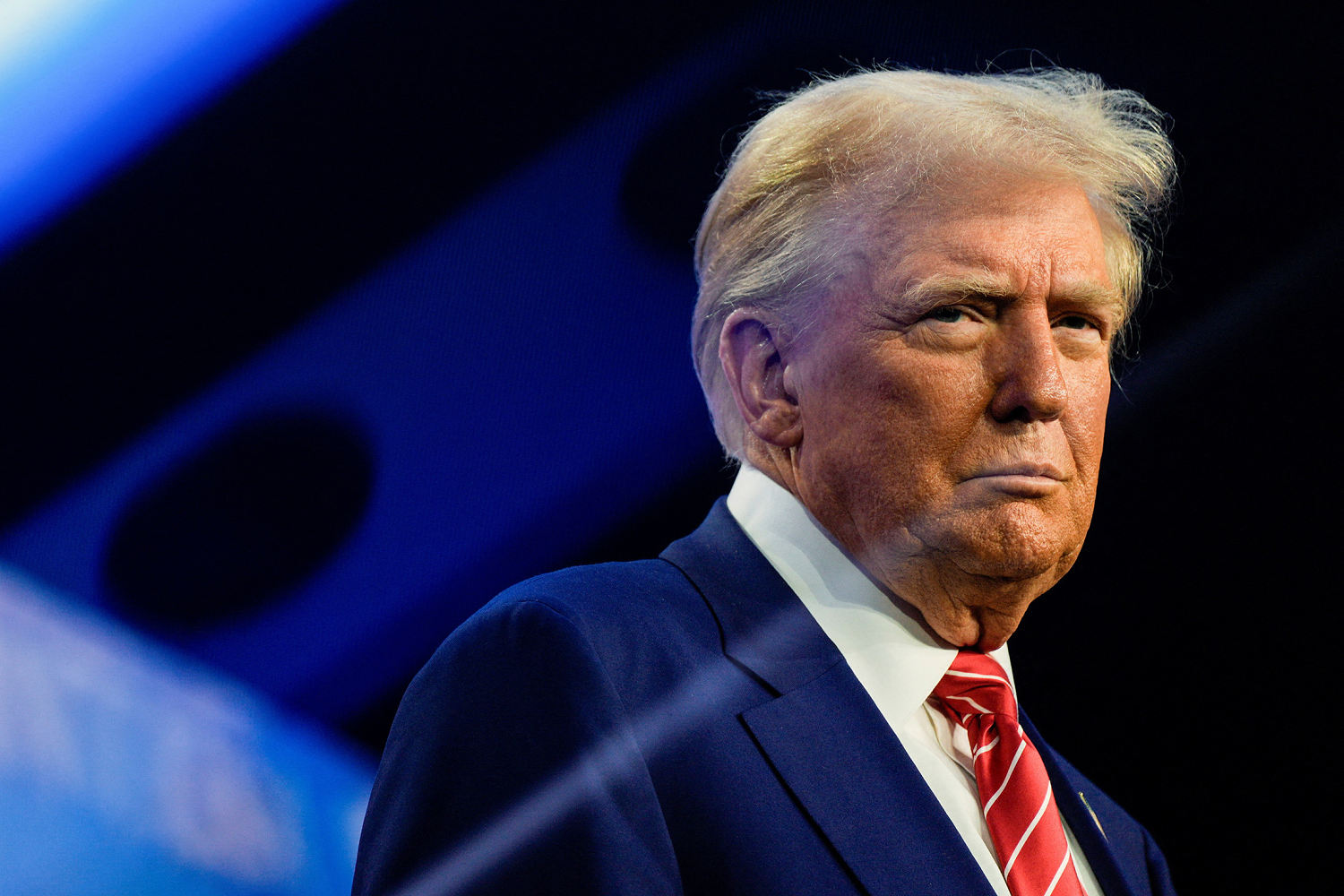
President Donald Trump on Tuesday defended the pardons and commutations of roughly 1,500 defendants charged with crimes connected to the Jan. 6 attack on the Capitol, including some convicted of assaulting police officers.
Trump, in one of the first presidential acts of his second term, commuted the sentences of 14 prisoners and pardoned all others convicted of offenses related to the 2021 riot. He also directed the attorney general to dismiss all indictments pending before judges related to what became the largest federal investigation ever.
“They’ve served years in jail,” Trump said in response to questions from reporters at the White House about why he pardoned violent offenders. “They should not have served, and they’ve served years in jail. And murderers don’t even go to jail in this country.”
He added, “We pardoned people that were treated unbelievably poorly.”
Many of those pardoned had been convicted of violent attacks on police officers defending the Capitol on Jan. 6, 2021, when Congress was certifying Joe Biden’s electoral victory. The pardons apply to people who were armed with items such as stun guns, batons and hatchet.
Trump went on to say that members of the Oath Keepers, a far-right militia, were serving sentences that he called “ridiculous and excessive,” adding that of the cases the White House looked at, “these were people that actually love our country, so we thought a pardon would be appropriate.” Some Oath Keepers were convicted of seditious conspiracy related to Jan. 6.
Trump used the subject to return repeatedly to the issue of violent crime in American cities, as well as pardons that Biden signed for the House Jan. 6 committee members and, separately, for his relatives as he left office.
Trump talked about a variety of hot-button issues during the question-and-answer session, telling reporters that it is “likely” that his administration would place additional sanctions on Russia if President Vladimir Putin doesn’t come to the table to negotiate a deal with Ukraine in the war.
Trump also said that his administration plans to impose 25% tariffs on Mexico and Canada on Feb. 1 because of the “millions and millions of people” he said each country had allowed into the United States, as well as a flood of dangerous narcotics. Additionally, Trump said his team is discussing the possibility of a 10% tariff on China.
Asked about his position on an immigrant visa program that has prompted significant backlash among some of his populist supporters, Trump hedged, saying he is “sort of on both sides of the argument.”
“I like both sides of the argument, but I also like very competent people coming into our country, even if that involves them training and helping other people that may not have the qualifications they do,” Trump said about H-1B temporary worker visas, a carve-out for high-skilled workers who some in the MAGA world say are taking American jobs.
Trump, after issuing an order to suspend a U.S. ban on TikTok on his first day in office, also said that he would be “open” to Elon Musk, the billionaire tech tycoon who is overseeing a mandate to improve government efficiency, or billionaire Larry Ellison, buying the company so that it can continue to operate in the country.
“It’s worthless if it doesn’t get a permit,” Trump said of TikTok, after a law signed by former President Joe Biden last year required the app’s owner, Chinese company ByteDance, to sell most of its stake.
It was the second day in a row that Trump took questions from reporters at the White House, weighing in on the policy issues of the day and responding to follow-ups in a return to the unscripted, freewheeling dynamic frequently displayed during his first term.
